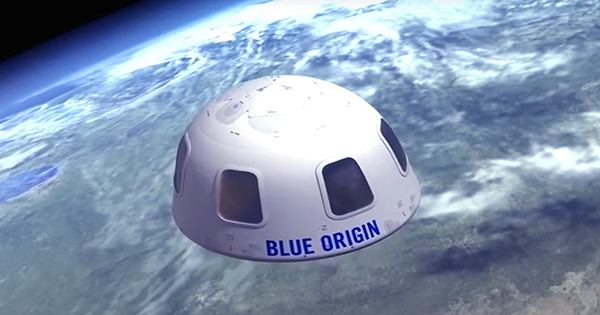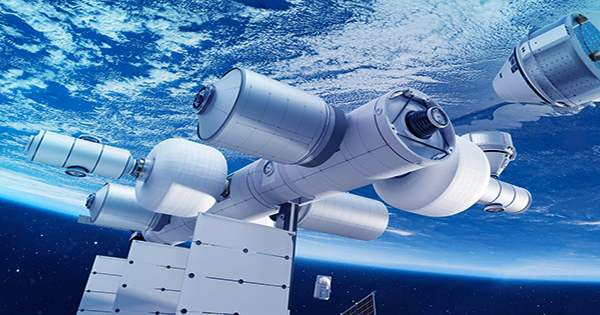Jeff Bezos, the founder of Amazon and CEO of Blue Origin, defended his heavenly spending habits. He reacted to allegations that billionaires spend too much money on space exploration and not enough on addressing Earth’s climate challenges in an interview on Thursday. “We need to do both,” he said at a Washington, D.C., Ignatius Forum event, adding, “The two things are closely related.”
Any gaseous substance capable of absorbing and producing infrared radiation, enabling less heat to escape back to space and ‘trapping’ it in the lower atmosphere, is referred to as a greenhouse gas (GHG). Water vapor, carbon dioxide (CO2), methane (CH4), nitrous oxide (N2O), and ozone are the principal greenhouse gases in the Earth’s atmosphere (O3).

In fact, Bezos claims to be spending more money on his charitable endeavor to tackle climate change, the Bezos Earth Fund, than he is on space exploration. The $10 billion initiative, which established in February 2020, intends to “explore innovative ways of combating the disastrous consequences of climate change on this world we all share.” Bezos announced the venture’s initial steps earlier this year, pledging $1 billion to conservation projects in the tropical Andes, Congo Basin, and Pacific Ocean.
While conceding the “enormous amount of work” that has to be done on Earth, Bezos told Harvard Business Review editor-in-chief Adi Ignatius that this should not come at the price of space travel. “We have to think about the future.” “Because our planet is so tiny, if we want to keep developing as a civilization and needing more energy, much of it will have to be done off-planet in the future,” he added.
While Bezos’s environmental stance is commendable, Amazon’s annual carbon emissions have increased to about 61 million metric tons, nearly as much as the whole country of Belarus, in the previous three years with Bezos at the helm. Last year, while global carbon emissions fell by 7%, Amazon’s increased by roughly a fifth. True, we must maintain sensitive ecosystems in some of the world’s most biodiverse locations while also dramatically reducing carbon emissions.















